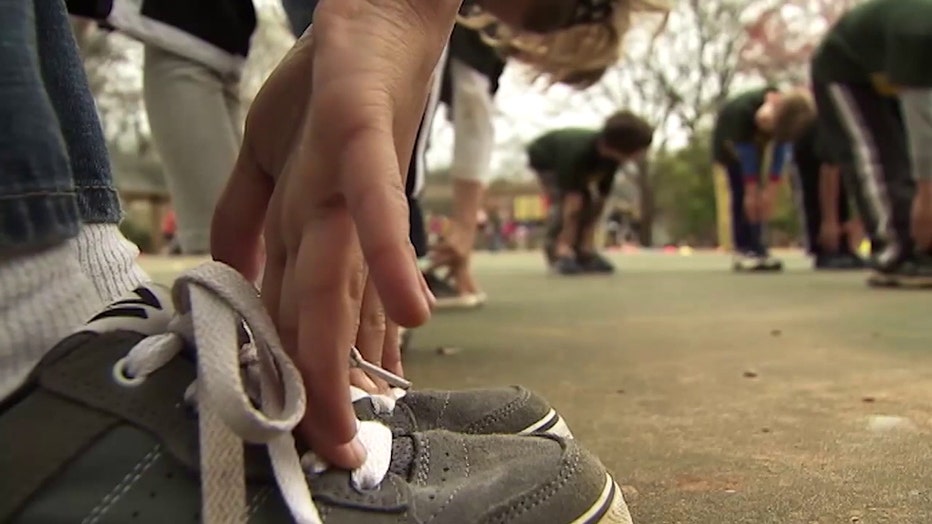Florida lawmakers consider changes to recess requirements in schools

Recess rules debate
In Florida, providing recess for elementary school students is a law, but a new proposal in the legislature may change the rules.
TAMPA, Fla. - For many, recess is an elementary school staple that's been around for years, but a new proposal in the Florida legislature could bring about some major changes.
Currently, Florida law requires schools to provide at least 20 minutes of consecutive unstructured free play time. This bill would make it, so schools could split up that time and structure it, which is something a lot of parents are against, including a group nicknamed "Recess Moms," who feel recess is necessary for kids' development.
Recess may not be considered a subject in school, but in the Florida legislature it has become a strong subject of controversy.
READ: Mort Elementary receives help in focusing on mental health of students in University Area community
"They're in school for six plus hours a day, and they need a break," mom Raegan Miller said.
Back in 2017, a sweeping education bill was signed into law in Florida with one of the main provisions being that schools are required to provide at least 20 consecutive minutes of unstructured recess every day for students in kindergarten through fifth grade. Miller, whose two kids are now in middle school and high school, was a major supporter of the bill along with several other Pinellas County moms who spoke on the issue in Tallahassee back in 2017.

"It improves their mental health. It improves how they perform in the classroom, it improves your behavior. There's so much out there, so that's why it's important that kids have this break," Miller said.
Now, 6 years later, lawmakers are proposing two key changes to the law, removing the words "consecutive" and "unstructured," meaning districts could decide to split up recess into 4-5 minutes breaks a day with a structured activity like a video for kids to watch.
The changes are part of the Florida Senate's initiative to deregulate school districts and put more control of education into the hands of local educators and officials, meaning recess wouldn't necessarily go away. Districts would just have more control over how to do it.
However, Miller feels having the words "consecutive" and "unstructured" in the legislation is the whole reason why she feels recess is so important for children.
"It helps them grow. Learn how to solve problems on their own without the teachers constantly looking at them," Miller said.
The legislation is set to go before the Florida Senate Pre-K-12 Education Committee Wednesday afternoon.

